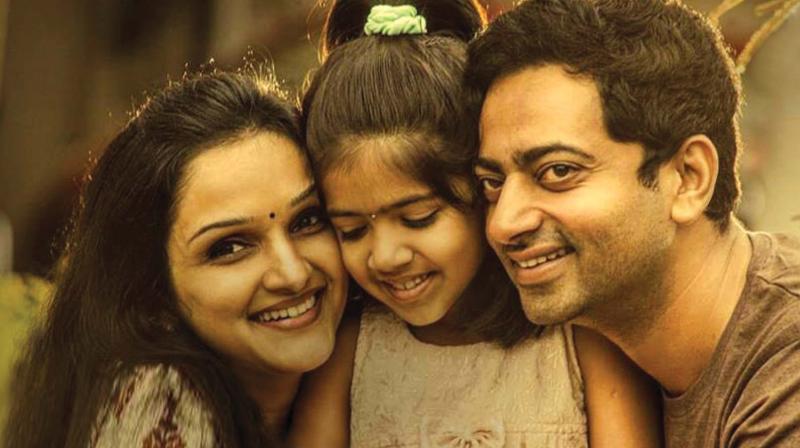Reviewing the reviewer
As viewers turn reviewers online, filmmakers too take to social media to react to negative reviews. How fair is this?

There is usually no rationale when one likes something. Like for many, liking or not liking a movie is a feeling. Usually, enjoying it is equated to liking it and there are no reasons required really. But when a movie is disliked in a review, there are usually points 1, 2, 3 listed as reasons. So when V.K. Prakash got a negative review for his new film Careful, in a national daily, he wrote a post on Facebook, questioning the author’s qualifications, calling his language bad. Like every viewer could now easily turn a reviewer with a post online, filmmakers too seem to take to social media to react to the reviews. The question is, are they not open to criticism anymore?
“Not at all. Criticism is fine, but it should come from people who are qualified to criticise,” says V.K. Prakash, a day after his angry post. “First off, a review shouldn’t be up on the day after a movie’s release. You can’t stop laymen posting their views on Facebook, but when a national daily puts it out, it is usually one person’s perspective, not the daily’s. This person may not have done even a film appreciation course. So it is a personal view. And I suggest they hold on to their reviews for a week.”
He also feels the language used for reviews should not be extreme. “Words like torture, ‘the worst’ — such superlatives should be avoided. You should be respectful. I remember reading a really bad review of Joshy sir’s Avatharam. No one has the right to criticise him like that. They were our idols.” He adds, “Paradoxically, while the filmmakers are happy when such viral media practices help them in promoting the films, they are frustrated and angry when it goes against them.”
“It is nothing but intolerance and the utter inability to accept criticism, however wild they maybe.” But he doesn’t believe that such innuendos would work in the long run. “If it is a good film, entertaining or serious with some watch-worthiness to it, it will survive, if not through box office, through TV or Netflix or DVD or whatever.” It is not the filmmakers alone, but fans too are upset at a negative review of their idols’ work and go on an attacking spree of the reviewer online. Director Sanalkumar Sasidharan has been at both ends. He has been attacked on social media for his occasional uncharitable comments on a film. And as a director, he has at times squirmed at the negative comments on his films.
“Filmmakers are a sensitive breed. Others may not see the good side to a film that they do, that led them to make the film in the first place. Reviewers will analyse the one point that strikes them most. It is a sort of self-expression they want to reach the people soon, and in their enthusiasm, they ignore that good side the director had meant. When I get criticised, I look back at the negative remarks I have made at other films. I’ll be ready to get thrashed. But a blatant bad review is like carpet bombing, it will hurt at least momentarily."
Ranjith Sankar, who had posted every kind of review of his new release Ramante Edanthottam, says he doesn’t read reviews anymore. “For the past five to six years, all I do is read the headline and the rating below it. Reviewing is a serious business. A reviewer should be above the filmmaker. Everyone who buys a ticket to the film will have an opinion that, we as filmmakers, should accept. But opinion and review are different. I don’t think there are many good reviewers here, qualified or with a film education. But I share whatever I feel are genuine reviews.” There can be good and bad reviews, but a director can't take all the bad part in and correct it for his next film, Ranjith says. “Because that would be a different film, and the mistakes you make would be different. Constructive criticism is good, but sometimes these reviews end up destructive.” But no one is going to follow a troll blindly, Venkiteswaran says. “In this social media era, filmmakers have to trust their films, not the critics. It is for the films to prove the critics/trolls wrong/stupid.”

